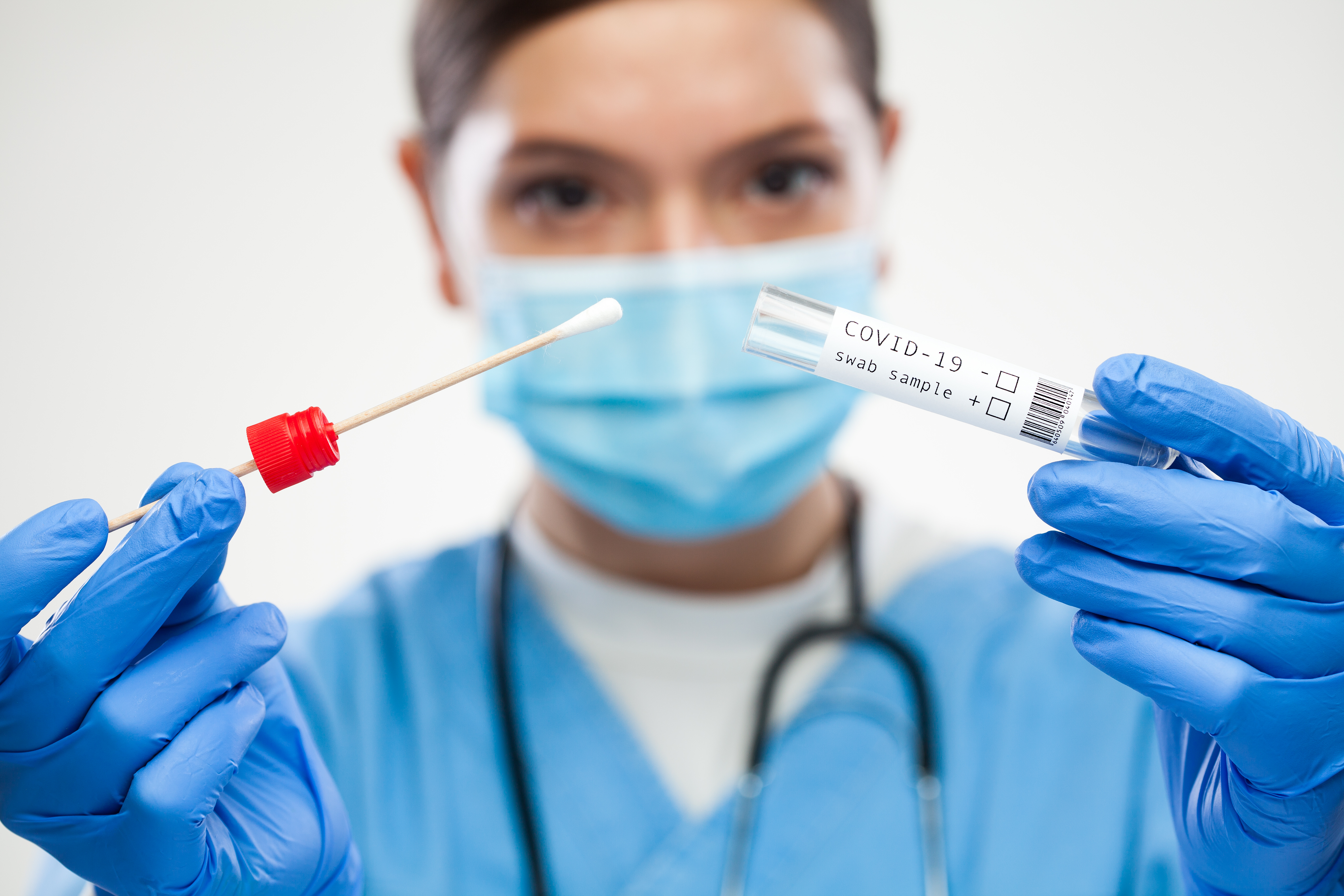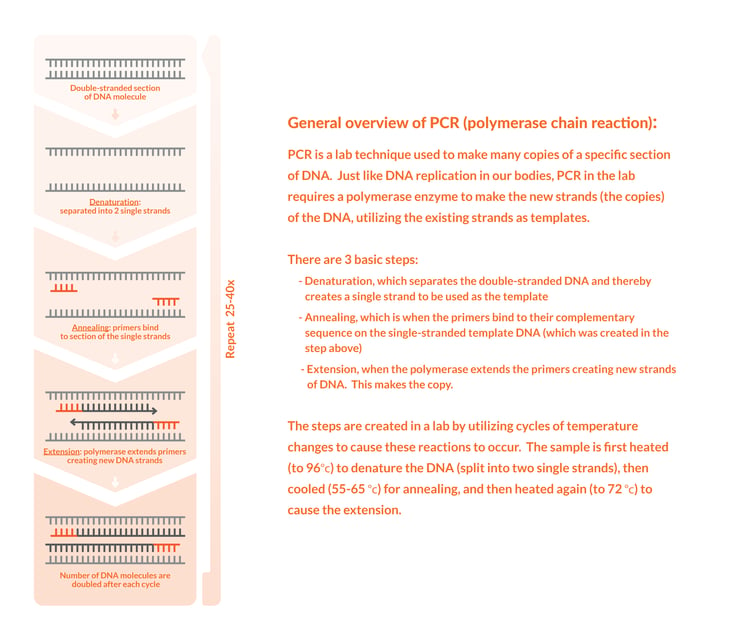The Gold Standard for COVID-19 Testing: RT-PCR
There are several different types of tests for Covid-19. What do all the acronyms mean, and how do you know which test you should get? In this first...

There are several different types of tests for Covid-19. What do all the acronyms mean, and how do you know which test you should get? In this first post, in a series of blog posts about the types of Covid-19 tests, we will explain the gold standard RT-qPCR test. The RT-qPCR test is the most sensitive and accurate method to determine if someone is currently infected with COVID-19.
The first thing to point out is the fact that there are other tests sometimes called PCR, or Rapid PCR but these are not actually the gold standard RT-PCR Covid-19 test. We will discuss the other tests, that are actually a different type of nucleic acid amplification test and not RT-PCR, in a future post.
RT-qPCR refers to real-time reverse transcription polymerase chain reaction and is still considered the gold standard for Covid-19 testing. What can sometimes cause confusion is the fact that RT , which stands for reverse transcription when used with PCR, is sometimes thought of as real time . In our Covid-19 RT-qPCR testing, the test is both real time and reverse transcription.
Real time PCR, also known as quantitative PCR or qPCR, means that the viral genetic material is being monitored as the reaction (lab test) progresses and not just at the end of the reaction/test. With every cycle of the three PCR phases, the instrument takes a measurement of the amount of viral genetic material copied. These measurements are tracked along several phases allowing the team of data readers to see its progress and then determine if the measurement captured is positive or negative for the viral DNA.
Reverse transcription is a process used to translate the virus’s RNA to DNA. The Covid-19 virus is made up of RNA, instead of DNA. Since RNA is more fragile than DNA, the testing process needs to be done carefully in order to preserve the amount of viral RNA in the original sample for accurate results. The process of reverse transcription uses a protein called “reverse transcriptase” in order to translate RNA into the more stable DNA for the test procedures.
Polymerase chain reaction (PCR) is a process used to amplify genetic material, specifically nucleic acid (ex. DNA or RNA). Below is a general overview of the PCR reaction created in the lab.

RT-qPCR (real-time reverse transcription polymerase chain reaction) used for Covid-19 testing at RapidBio will identify COVID-19 nucleic acid in a patient’s saliva or nasal swab sample. After using reverse transcription to translate viral RNA from the patient’s sample into more stable DNA, the sample is now ready for PCR. The process starts with a double-stranded section of this DNA, which is the template genetic material that will be used to make copies of the DNA, also known as amplification.
The RT-qPCR test is the most sensitive and accurate method to determine if someone is currently infected with COVID-19.
There are several different types of tests for Covid-19. What do all the acronyms mean, and how do you know which test you should get? In this first...